U.S. Representative Ritchie Torres (D-NY) has strongly criticized Columbia University for its handling of antisemitic incidents on campus, following the distribution of a controversial student publication titled The Columbia Intifada. The publication, produced by Columbia Students for Justice in Palestine (SJP), has drawn widespread condemnation for its inflammatory content, including articles like “Zionist Peace Means Palestinian Blood” and “The Myth of the Two-State Solution.”
Torres denounced the Ivy League institution’s response, asserting that it has failed to adequately address the spread of hate on campus. “Columbia University is so embedded in anti-Israel propaganda that it has a publication entitled, quote, ‘The Columbia Intifada,’” Torres said in a statement. “What is needed in our society is a revolution of the responsible against the intifada idiocy of the far-left.”
University Investigates Controversial Publication
Columbia University has since issued a statement condemning the publication and the misuse of its name. “Using the Columbia name for a publication that glorifies violence and makes individuals in our community feel targeted in any way is a breach of our values,” the university stated. Officials confirmed an ongoing investigation, adding, “Discrimination and promoting violence or terror is not acceptable and antithetical to what our community stands for.”
However, these statements fall short of addressing a deeper issue: a campus climate increasingly hostile to Jewish students. The controversy follows a series of incidents in which pro-Palestinian groups at Columbia have been accused of promoting antisemitism through rhetoric and exclusionary policies, including banning Zionist students from joining certain campus organizations.
Broader Context of Campus Antisemitism
The recent uproar is part of a broader pattern of antisemitic incidents on American campuses, particularly in the wake of the October 7 Hamas attacks in Israel. Pro-Palestinian demonstrations, including one at Columbia, have sparked further division, with some protesters using language and slogans widely condemned as antisemitic.
Columbia has also faced scrutiny for failing to discipline students who have made threatening public statements, such as one student leader who declared that Zionists “don’t deserve to live.” The university has not clarified whether disciplinary actions, including potential expulsions, have been enforced.
Torres Advocates for Stronger Policies
Torres has called on Columbia to adopt policies similar to those recently enacted at New York University (NYU). NYU’s updated anti-discrimination guidelines explicitly include protections for students who identify as Zionist, ensuring that antisemitic rhetoric cannot be disguised as political criticism. Torres has lauded NYU’s approach as a model for fostering inclusivity and ensuring student safety.
The Call to Action
The congressman’s critique of Columbia underscores a broader call for accountability and proactive measures to combat antisemitism in academic settings. As campuses across the nation grapple with balancing free speech and inclusivity, leaders like Torres are urging institutions to adopt policies that unequivocally denounce hate while protecting vulnerable communities.
For students, faculty, and alumni concerned about campus inclusivity, the events at Columbia serve as a stark reminder of the need for vigilance and meaningful action against discrimination.


